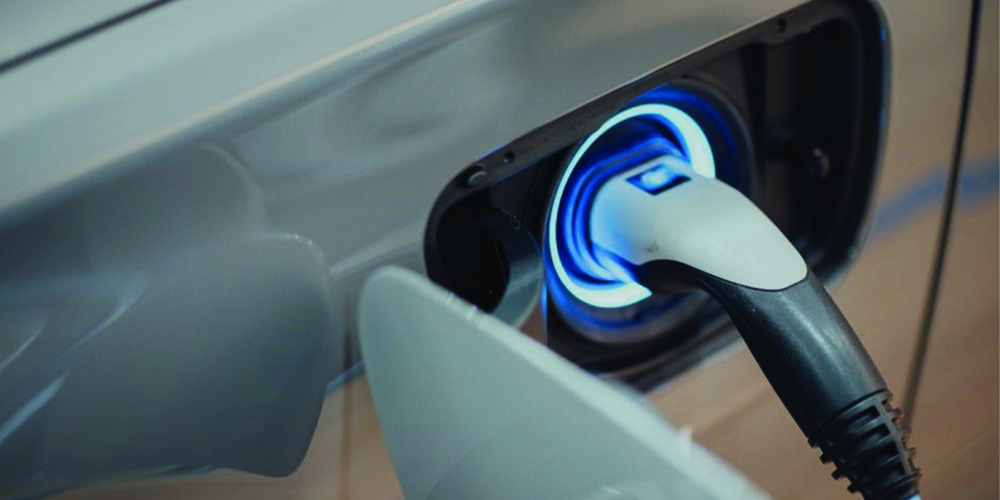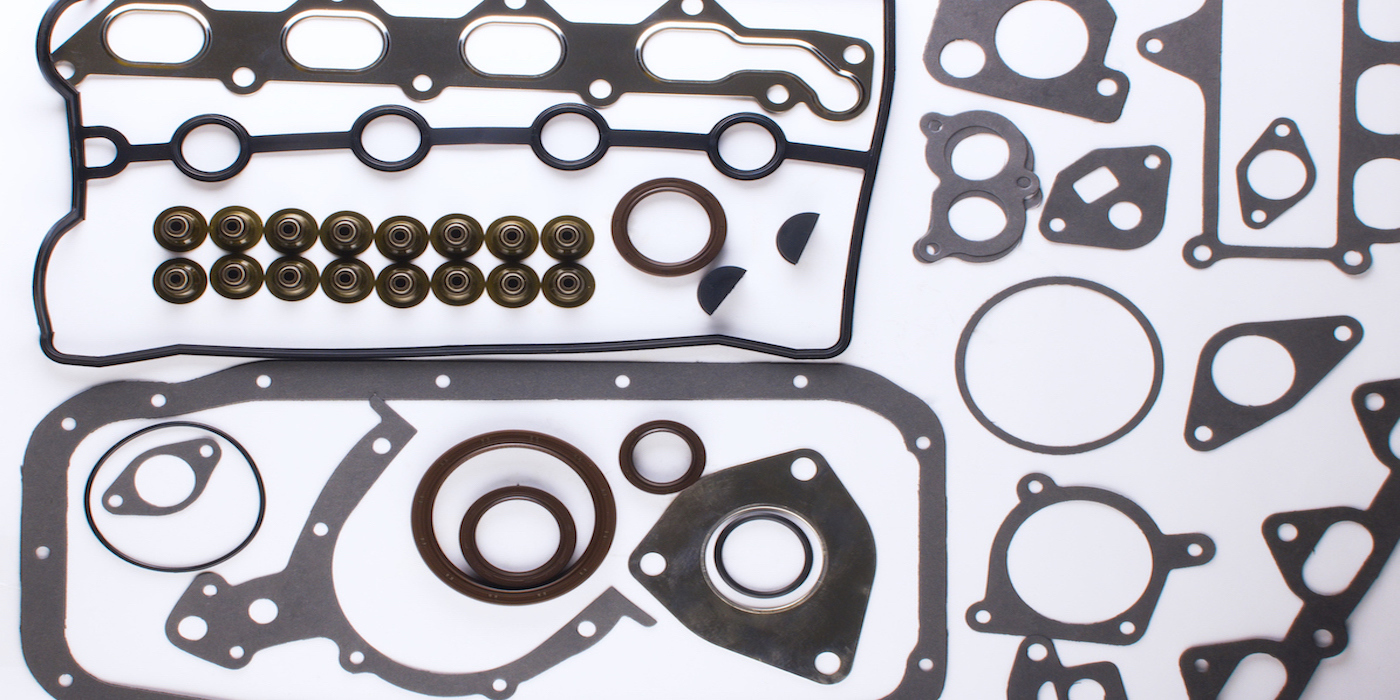We have come to a critical intersection in the aftermarket brake business. We can be proactive by taking measures to secure and certify our supply of brake parts, or we can just simply react to every bad news story or bad supplier until we have no control of the situation.
Don’t look to the government for solutions. The National Highway Traffic Safety Administration’s and the Department of Transportation’s main focus is not on testing the quality or performance of replacement brake parts, they just want to be able to track and recall brake parts after enough people are killed.
The first serious accidents where a group of drivers (or their grieving families) can claim “brake failure” due a substandard part could mean increased regulation for not only the brake part manufacturers, but also for your shop. Our only tool to prevent this disruption is voluntary test standards and certifications.
One example of an effort to create an independent certification is the Motor Equipment Manufacturers Association’s (MEMA) Brake Manufacturers Council (BMC) development of the Brake Effective Evaluation Procedure (BEEP) testing and certification program.
BEEP testing is performed in a laboratory on a machine called a brake dynamometer. The machine measures the performance characteristics of a friction material and compares it to specific parameters taken from a specific production vehicle that has undergone FMVSS135 testing.
BEEP goes even further to ensure manufacturers are producing quality products in a consistent manner. First, the friction material must be produced at a facility that meets and maintains specific QS and ISO certifications. Second, manufacturers must conduct and pass BEEP tests on a select 12 different part numbers that include full-size trucks, SUVs and compact cars. Last, the manufacturer must pass annual off the shelf audits.
MEMA’s BMC recently released an enhanced BEEP Certification Program. The improved BEEP certification is based on the SAE J2784 testing standard. SAE J2784 is designed to replicate the government’s FMVSS135 on-vehicle testing using a single-ended brake dynamometer. By updating BEEP to the J2784 standard, it is now able to better test vehicles with ABS and electronic brake force distribution.
Since BEEP’s introduction in 2001, it has been a success on the technology and standardization front. It is a transparent standard open for review by the aftermarket brake industry. On the marketing and communications front, BEEP has had an uphill struggle. It has been often said to me off the record, that many friction companies use the BEEP testing and data on dynamometers as a quality check for their brake pads, even if they are not certified under BEEP. Even if a manufacturer is BEEP certified or potentially could be BEEP certified, they do not reveal this information in fear that technicians and buyers might associate their brand with what they feel is a lesser or “value” brand promoting BEEP certification. It is a confusing conundrum where marketing and branding takes over from common sense.
We are at a crossroads in the brake service industry. We have been forced here on a road paved with profits and good intentions. At this intersection we can either look both ways and make the right decisions, or plow through hoping no one is hurt and our suppliers (and your shop’s profits) do not receive a long-term handicap.













